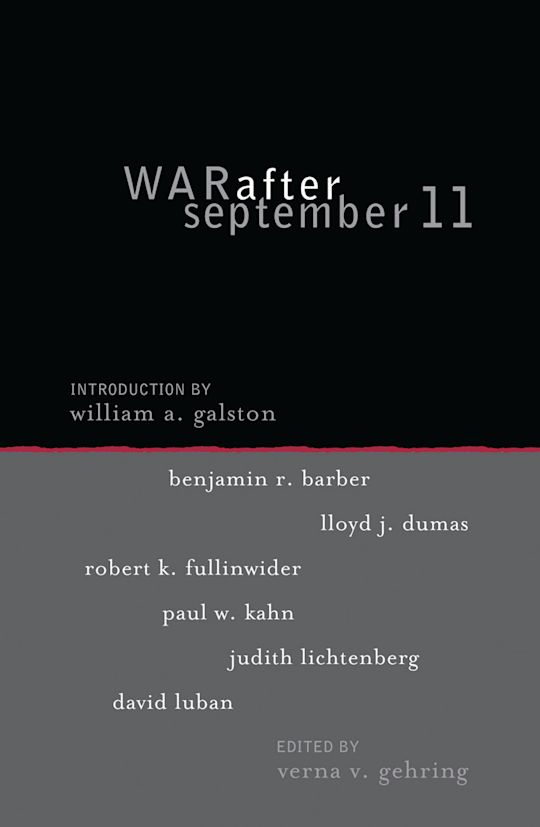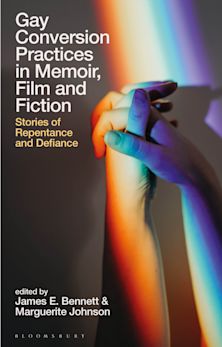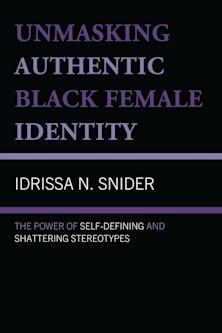War after September 11
Verna V. Gehring (Anthology Editor) , Benjamin R. Barber (Contributor) , Lloyd J. Dumas (Contributor) , Robert K. Fullinwider (Contributor) , William A. Galston (Contributor) , Paul W. Kahn (Contributor) ,
- Textbook
Description
What are the limits of justified retaliation against aggression? What actions are morally permissible in preventing future aggression? Against whom may retaliation be aimed? These questions have long been part of the debate over the ethics of warfare. They all took on new meaning after terrorists hijacked four U.S. airliners on September 11, 2001.
War after September 11 considers the just aims and legitimate limits of the United States' response to the terrorist attacks. Six essayists from the Institute for Philosophy and Public Policy at the University of Maryland pair off to discuss ethical questions such as, What are the moral challenges posed by terrorism? Can modern terrorism be addressed within the existing paradigms of just war and international law? Should the U.S. respond militarily or by some other means? Taken together, the essays in this volume ask the fundamental question: How should the United States use its power to combat terrorism?
Table of Contents
Part 2 I: Traditional Paradigms and their Limits
Chapter 3 The Ethics of Retaliation
Chapter 4 Terrorism, Innocence, and War
Part 5 II: The Moral Hazards of Military Response
Chapter 6 The Paradox of Riskless Warfare
Chapter 7 The War on Terrorism and the End of Human Rights
Part 8 III. Looking Ahead: The Possibility of a Comprehensive Approach
Chapter 9 Is Development an Effective Way to Fight Terrorism?
Chapter 10 The War of All against All: Terror and the Politics of Fear
Product details
| Published | 10 Dec 2002 |
|---|---|
| Format | Ebook (Epub & Mobi) |
| Edition | 1st |
| Extent | 112 |
| ISBN | 9781461646815 |
| Imprint | Rowman & Littlefield |
| Series | Institute for Philosophy and Public Policy Studies |
| Publisher | Bloomsbury Publishing |
Reviews

ONLINE RESOURCES
Bloomsbury Collections
This book is available on Bloomsbury Collections where your library has access.



































